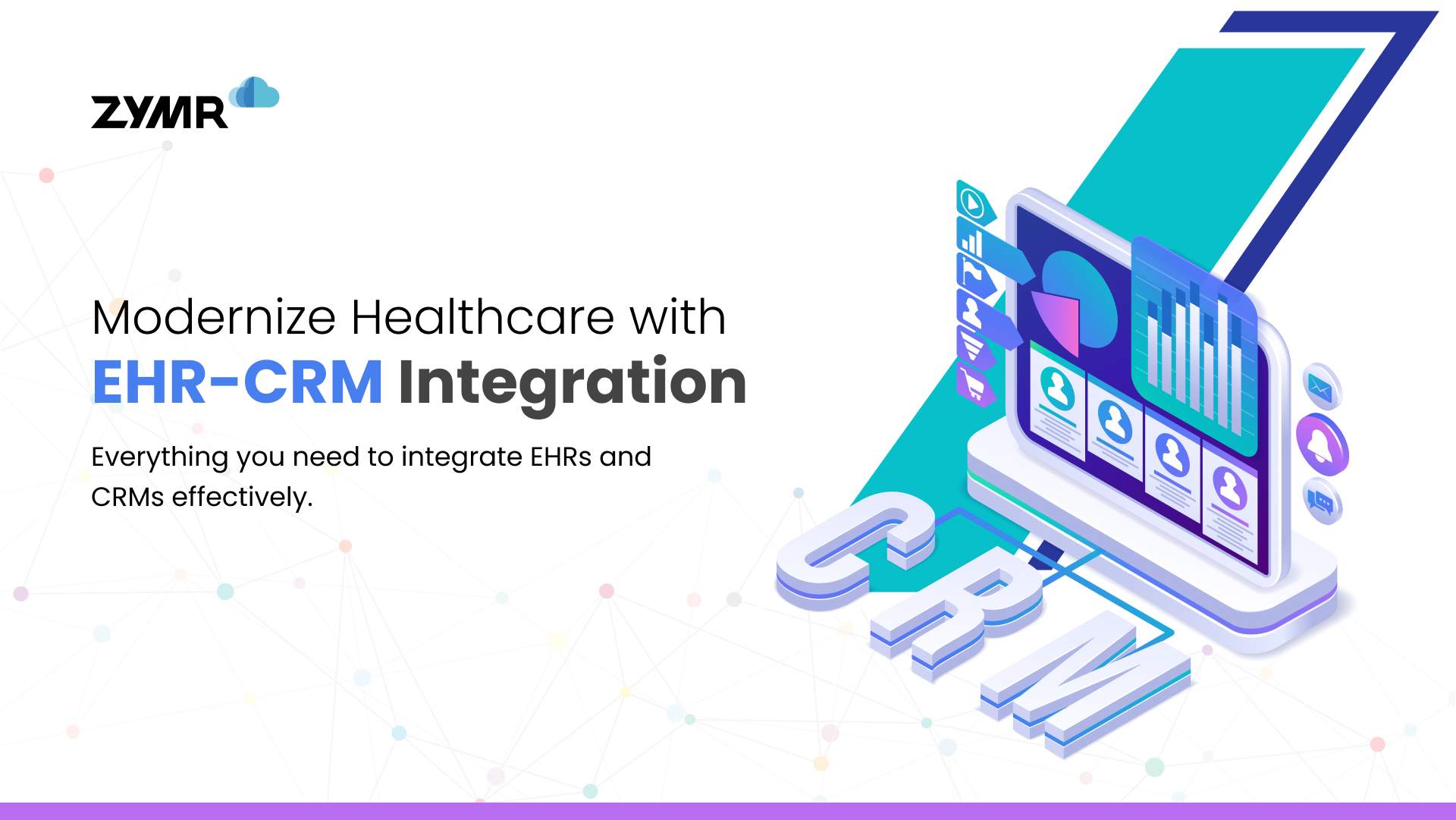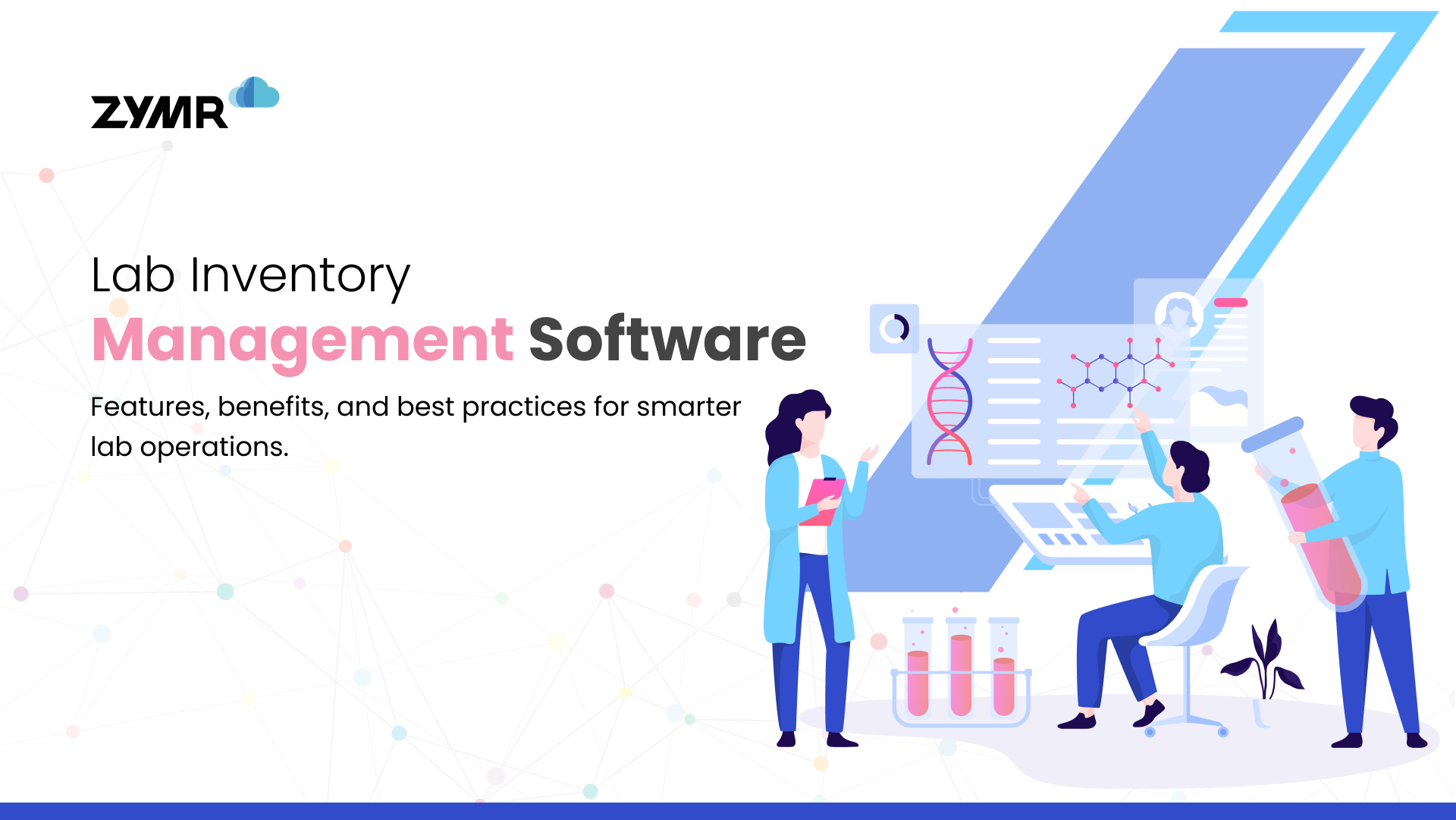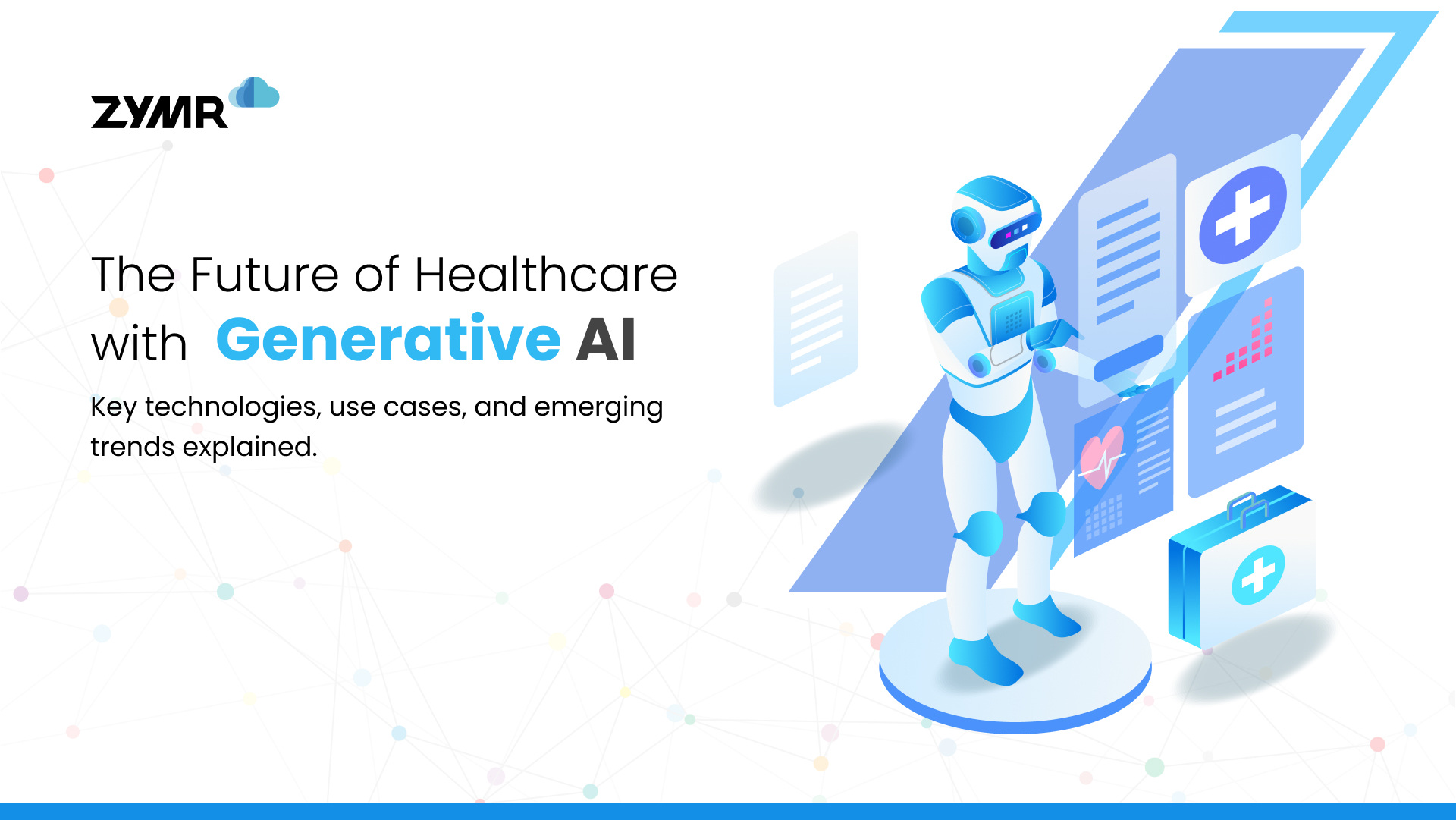When you need to make business decisions quickly, you need access to data analytics that are updated in real-time and can deliver the important variables out of the many gigabytes of data that your corporation collects. The team behind Apache Spark believes that the computing power that operates your data analytics should never limit the ability to make data-driven decisions. Apache Spark can process the data used by your analytics up to 100 times faster than many technologies on the market.
Spark Provides Advanced Analytics at Speed
Spark's existing framework for advanced analytics reduces the man-hours required to process unprecedented volumes of VAS structured and unstructured digital information. This frees up data scientists to focus on the big picture without worrying about the quality of data analytics or putting up with flawed or limited analytics systems. The technology has recently set a world record in sorting 100 Terabytes of data, outperforming Hadoop MapReduce as the previous record holder by over three times despite consuming only one tenth of the resources in comparison.
Data scientists no longer have to wait long hours to receive visualized interpretations of insights hidden within big data. Like speeding up heavy traffic by expanding a four-lane highway into a six-lane highway, Spark makes use of parallel in-memory processing to deliver results faster by increasing the number of “lanes” that data can travel on. This way, business leaders can spot trends more quickly and use them to make faster decisions without ever wondering about the age of their data.
Spark Is Easier to Use than Hadoop
Corporations that use Spark have found that Apache Spark necessitates a lower “knowledge cost” than Hadoop. Specialists simply need a workable understanding of databases and some scripting skills in languages like Python and Scala to maximize the potential of Apache Spark. When creating a Python script instead of JAVA, coders can reduce the number of code lines needed for any given operation by up to two thirds. This saves time, memory, and possibly even the amount of time needed to debug scripts.
Vendors appreciate Spark's open-source nature for easier creation of customized solutions. Open-source software like Spark provides more options for creating innovative, cost-effective solutions that can integrate more smoothly into existing systems. Frequent updates, proactive security measures and integration with latest technologies as the key value proposition of Apache Spark as an open-source technology is specifically beneficial for business organizations.
Spark Works with More than Just SQL
Many data science majors still learn SQL in college to familiarize themselves with the basics of database management, but SQL lacks the flexibility of more modern database management systems. Spark uses more advanced scripting languages that assist with faster processing and provides a reduced need for resource-intensive big data management. Some vendors have implemented an SQL hybrid such as Impala or Hive
SQL to combine the reliability of SQL with the flexibility of newer systems. Spark works with these modern systems to give businesses the flexibility they need to manage and analyze big data.
Most Hadoop Vendors Now Use Spark
Spark can run on Hadoop even though it doesn't have to. Many businesses take advantage of Spark's open-source nature to create their own data analytics solutions so they don't have to worry about taking their analytics with them if they decide to switch vendors. This has accelerated the adoption of Spark across more than 500 organizations and thousands of developers. While Spark has not cornered the market, its growth since 2014 displays a new trend that indicates that organizations favor the greater speed and flexibility that a system like this provides.
Many business executives choose Spark for advanced data analytics because they prefer not to make a trade-off between speed, flexibility, and ease of use. Developers and data scientists enjoy working on Spark because they can spend less time writing code and more time perfecting the system. Spark makes advances over the Hadoop system that have convinced Hadoop vendors to incorporate it into their solutions. All of these factors have earned Spark a considerable amount of attention as a data analytics solution in recent years, and the trend is here to stay at least until another disruptive technology hits the data analytics marketspace.
Conclusion
Everything you need to know about outsourcing technology development
Access a special Introduction Package with everything you want to know about outsourcing your technology development. How should you evaluate a partner? What components of your solution that are suitable to be handed off to a partner? These answers and more below.
FAQs
>
>
>
>
>
Have a specific concern bothering you?
Try our complimentary 2-week POV engagement
Our Latest Blogs

December 29, 2025
The Ultimate Guide to EHR-CRM Integration: Benefits, Use Cases & Best Practices


December 29, 2025






.svg)
.svg)
.svg)
.svg)
.svg)
.svg)
